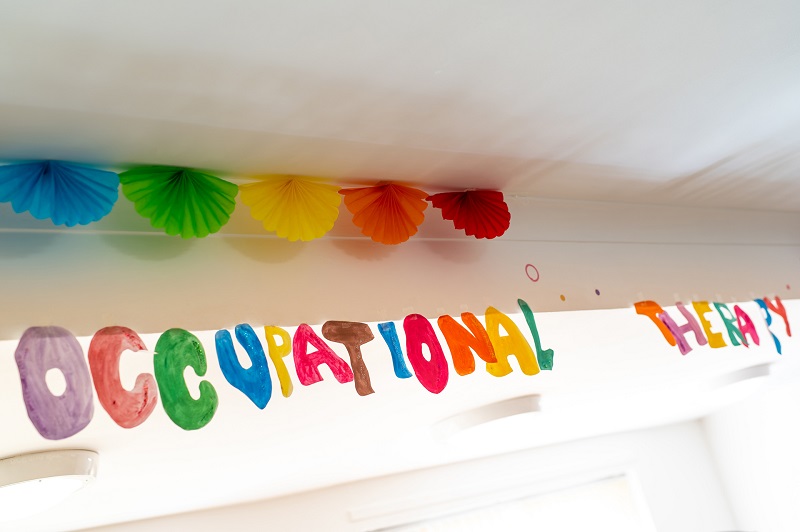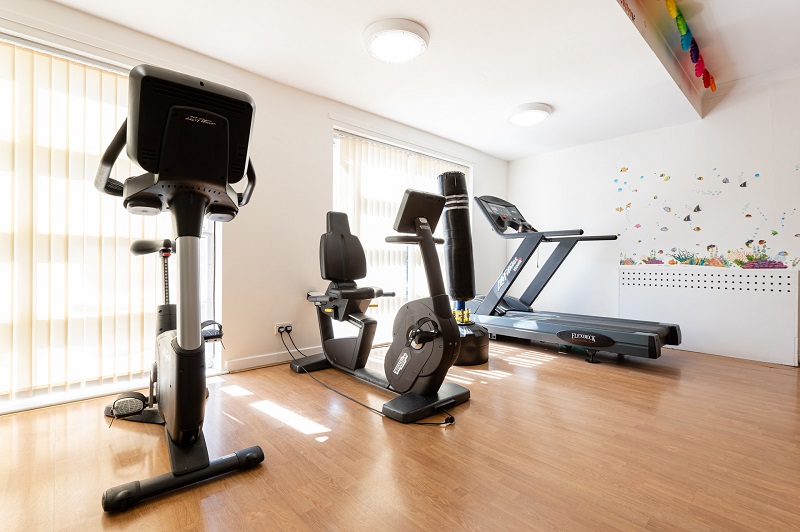
Our main aim is to improve service user well-being in all parts of their life and help them to return to independent living in the community as soon as possible. We take a “whole-person” approach, which means that we try to promote well-being in many different aspects of service users’ lives.
Occupational therapy focused on the good things to work towards leaving hospital and not returning to another hospital. The therapy staff are very helpful people and I received some good special advice.Service user, Cygnet Hospital Blackheath
Our Therapies Programme offers a wide range of interventions in the following broad areas:
- Reasoning & Rehabilitation 2
- Managing mental health
- Self-care
- Living Skills
- Social Networks
- Work
- Relationships
- Addictive Behaviour
- Responsibilities
- Identity and self-esteem
- Trust and hope
Our therapies team consists of clinical psychologists, assistant psychologists, occupational therapists and activities co-ordinators/therapy assistants. Members of the Therapies Team are fully integrated into the multidisciplinary team and play a major part in developing and delivering service users’ care plans.
Psychological Therapies
The Psychology Department undertakes specialist psychological assessments, including neuropsychological, personality and specialist risk assessments. The Psychology Department provides individual, group and family interventions based on a thorough assessment of need. A range of evidence-based therapeutic approaches are utilised, including cognitive-behavioural therapy, schema-focused therapy, behavioural approaches, solution-focused therapy and family work.
The Psychology Department also carries out staff supervision, staff training and consultation to professionals and teams. Psychologists regularly attend multidisciplinary team meetings, ward rounds and CPAs in order to inform the psychological aspects of care and to encourage psychological thinking in all aspects of patient care. The Psychology Department also plays an active part in measuring outcomes and undertaking audit and service evaluation.
Occupational Therapy
The Occupational Therapy Department consists of occupational therapists who are closely assisted by Activities Co-ordinators/Therapy Assistants. The OTs carry out specialist assessments on all service users and provide a variety of group and individual interventions based on service user need.
Interventions are conducted in both group and one-to-one sessions. The aim is to identify and utilise activities considered meaningful to service users through a process of collaboration. OT practice at Blackheath is underpinned by the Model of Human Occupation. The OT team encourages service users to work towards realising a structured and balanced occupational life.
Interventions are graded according to service users functional capabilities, and may include goal-setting, functional Activities of Daily Living (ADL) assessments, social skills training, vocational skills training and interventions focused on increasing self-esteem or managing anxiety. OTs and activities-co-ordinators regularly attend MDT meetings, ward rounds and CPAs and play an active part in care planning, risk assessment and risk management.

OTs and activities co-ordinators provide a comprehensive ward-based therapies programme, including a range of groups aimed at promoting psychological and physical well-being and creativity (e.g. psycho-education, relaxation, social skills training, arts and crafts, music, reading/writing, healthy living, exercise, pampering).
Service users are also strongly encouraged and supported to access off-site activities and local community resources whenever possible with the aim of promoting social inclusion and community re-integration.




